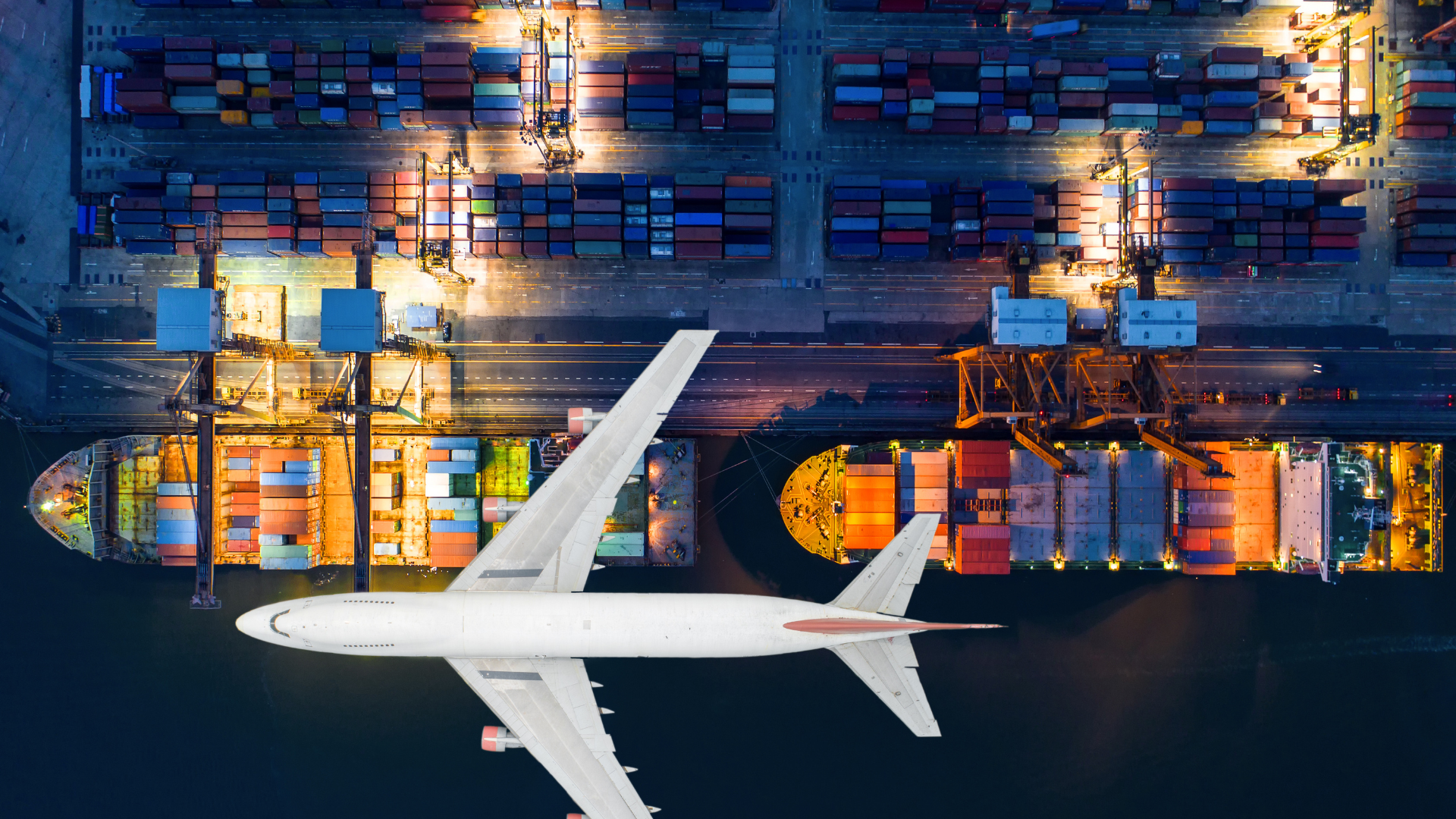Skyrocketing material prices, shortages of supplies and exploding energy costs are pushing all sectors into a corner. Compounded by economic sanctions against Russia, all countries are facing an unprecedented situation, which is particularly hard on industry internationally.
Continued instability
If the still latent economic consequences caused by the covid-19 pandemic were already worrying, there is now the added socio-economic concern over Russia’s invasion of Ukraine, which is having a direct and indirect effect on the rising cost of raw materials for all industries at the international level.
Governments and social partners are seeking agreements to implement tax reductions or direct lines of aid to the most affected companies, which are suffocated by inflation in fossil fuels, electricity and gas, causing the collapse and shortage of industrial and commercial production.
Rising prices in the metal sector
As far as the metal industry is concerned, the situation is alarming. In recent weeks, products such as palladium, aluminium and copper have doubled in value. Aluminium has risen by 80%, while gas costs 10 times more than a year ago. In addition, raw material prices have gone from being in effect for 2 or 3 weeks to 1 or 2 days, making it difficult to approve budgets. These increases are affecting the execution of projects by companies, and especially the electro-intensive industries, which in many countries have had to stop production because they cannot afford the extra energy costs.
Bottlenecks
Maritime industry and logistics
Among the industries most affected is the naval-maritime industry, which has had to face the rising cost of containers (from 4,000 to 20,000 dollars) or increases of more than 35% in basic materials such as naval steel plate. Added to this is the problem of fuel, which has a knock-on effect on consumer prices and skyrocketing inflation.
Moreover, after Covid-19, many ports around the world have not been able to recover their unloading capacity to handle all the products arriving. This results in higher costs for shipowners, whose vessels have to wait days or weeks before being able to access the unloading quay.
Automotive industry
The automotive industry, for its part, has been facing the microchip crisis, which has continued to shut down plants around the world since last year. Now there is also concern about supplies of aluminium and palladium, which are key materials in the manufacture of catalytic converters for gasoline and hybrid vehicles.
With Russia at the current crossroads, the scenario is uncertain, as the country accounts for 40 per cent of the world’s palladium production. As far as aluminium is concerned, Russia is the world’s second largest producer of primary aluminium, with 6 per cent and 3.9 million tonnes per year, second only to China, which accounts for 60 per cent of the global total. However, 45% of Russian aluminium is exported to Europe (mainly Germany and the Netherlands), so the economic sanctions against Russia are already causing a shortage and high price of this metal at a global level.
Energy and supply dependence
As early as the outbreak of covid-19, the enormous dependence that Europe in particular has on the Asian giant China became evident. The microchip crisis is the best proof of this, but not the only one, as 90% of the materials consumed by European industry depend on China. This is the case with cobalt, lithium or manganese, minerals necessary for the manufacture of batteries; with tantalum, used in capacitors; or with cadmium telluride, essential for the production of photovoltaic panels.
Likewise, at the energy level, Russia’s war in Ukraine has dynamited international energy stability, especially in Europe, which imports 40% of its gas from Russia. The economic sanctions are causing a price hike in all energy sources, partly because the global energy system means that even the price of renewable energies is marked by the price of gas. This has led to an increase in electricity and fuel that is paralysing supply chains and causing strikes and logistical and transport problems due to high costs that are becoming unaffordable.
Forecasts
With fuel prices at record highs, massive energy consumption and political conflicts leaving a totally uncertain outlook, it is difficult to predict how far we can go and when the post-covid recovery that began last year can be consolidated.
In this context, and with such a marked dependence on the Asian giant in the case of raw materials and on the Euro-Asian countries in the field of energy, the alternative for the economy of Western countries lies in an economic model and the search for alternatives for their own manufacturing. Everything points to the fact that only with less dependence in industrial and energy matters, by relocating strategic activities to Europe, will it be possible to allow industry and the global economy to get out of the current crossroads.
